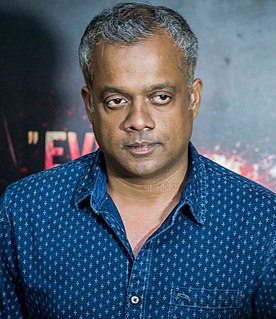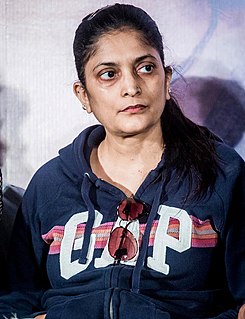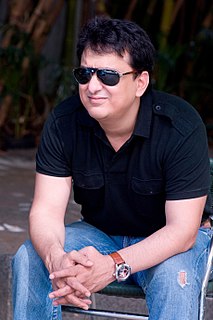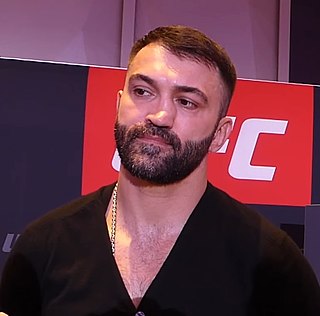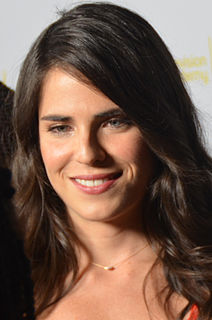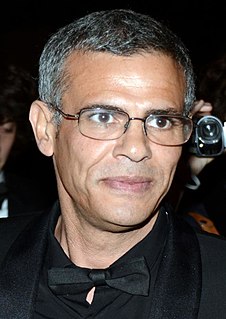A Quote by Gautham Menon
Even when 'Kaakha Kaakha' was released, there were people who gave it an average rating and said they couldn't figure out what was happening. Three days after its release, the producer called me and asked me to remove all of Jothika's scenes from the film. I told him; in that case, you can also remove my name from the director's slot.
Related Quotes
After I read the story of 'Dangal' and before the film released, I called director Nitish Tiwari asking him if he had any good script. He told me to wait for some time. So we had three-four sittings, and this film, 'Chhichhore,' came to him. The film did not have superstars, but I felt that this is the script that needs to be told.
Nobody told me there was any idea for a sequel to 'The Exorcist.' But my agent called me to tell me they were going to do it, and there was a part for me. I said, 'But I died in the first film.' 'Well,' he told me, 'this is from the early days of Father Merrin's life.' I told him I just didn't want to do it again.
Greg Jackson gave me hope after four losses. After my last loss in the Strikeforce grand prix against Kharitonov, I gave him a call and asked him if he thought I should retire. Some of my trainers, some people told me I had lost it. He said, 'Absolutely not. Just come to Albuquerque,' and gave me that hope.
He [Bogie] had tremendous character and a great sense of honor and would not tolerate lies, even if they asked him what he thought of a movie. We were once at a screening at somebody's house, I forget whose, and they ran a movie that he was in, that he never thought much of. Afterward, the producer asked what he thought of it, and Bogie said "I think it's a crock." And this producer was horrified! He was about to release the movie, and he said to Bogie "Why would you say that?!" Bogie shrugged and said "Then don't ask me." He never played the schmoozing game. He was not into that at all.
I had an interview once with some German journalist - some horrible, ugly woman. It was in the early days after the communists - maybe a week after - and she wore a yellow sweater that was kind of see-through. She had huge tits and a huge black bra, and she said to me, "It's impolite; remove your glasses." I said, "Do I ask you to remove your bra?"
I told my friend - we were working on a movie together - and he gave me a script and asked me to give him notes. And they were all male characters, and I said, "You know what would make this character more interesting?" And he asked what - and it's this road trip between three guys, basically, one older man, one 30-year-old and a 13-year-old mechanic. And I said, "If you make the 13-year-old a girl, and you make her an Indian-American mechanic." And he said, "What do you mean?" And I said, "Yeah, don't change anything in the script about him, and just make it a her."
This film [ Blue is the Warmest Color] actually is the result of me talking with my producer Vincent [Maraval]. I gave him a bunch of ideas and then Vincent helped guide me and develop this particular film. I enjoy that rapport to have somebody else help guide me in my choices for the next film. The poetic way of looking at it is which project is going to choose me as a director.
The producer can put something together, package it, oversee it, give input. I'm the kind of producer that likes to take a back seat and let the director run with it. If he needs me, I'm there for him. As a director, I like to have the producer there with me. As a producer, I don't want to be there because I happen to be a director first and foremost, I don't want to "that guy."
Me and Kirby are very collaborative and it changes from film to film. The first project we worked on together, Derrida, we co-directed. The last film Outrage, I was the producer and he was the director. This film was much more of a collaboration - he is the director and I am the producer - but this is a film by both of us.
